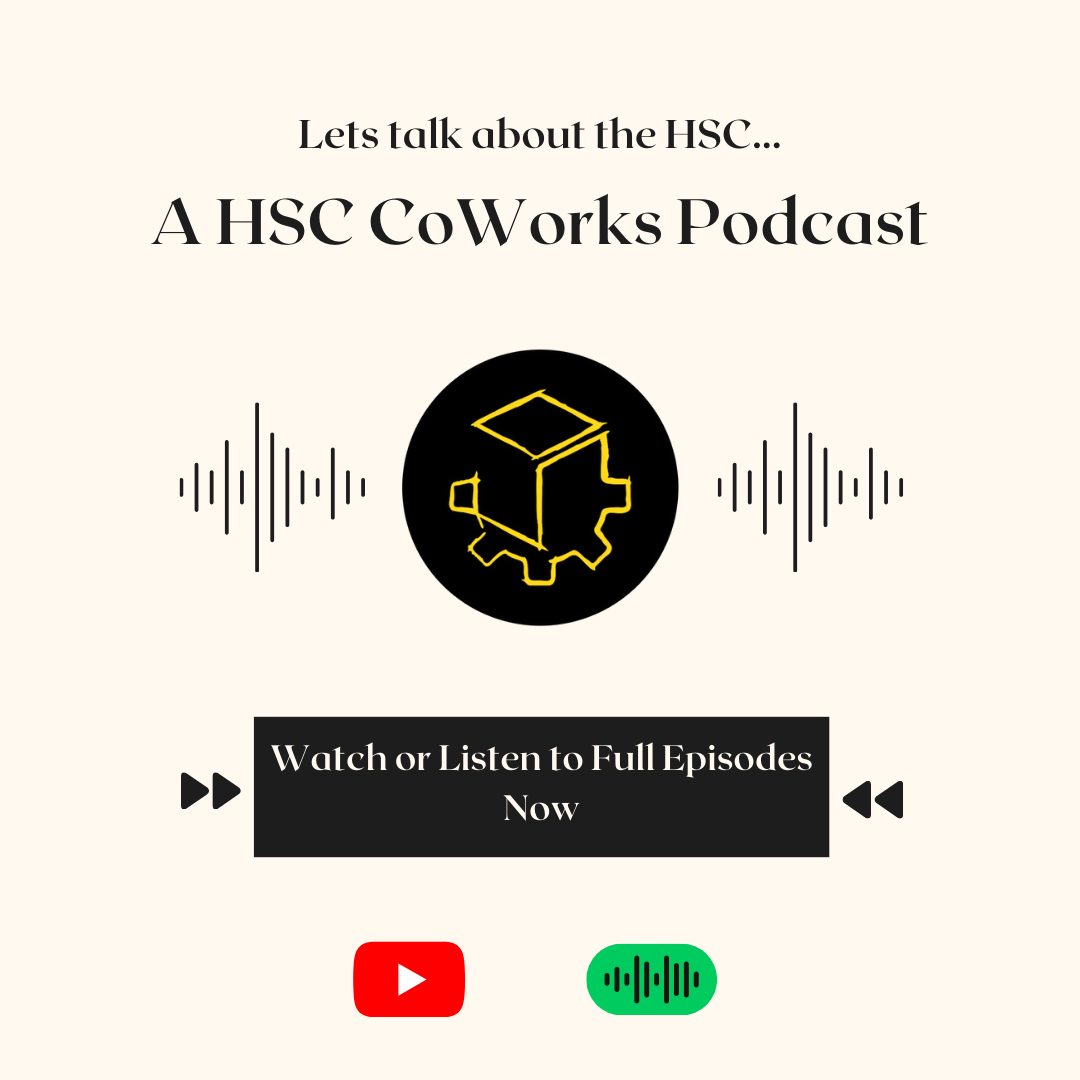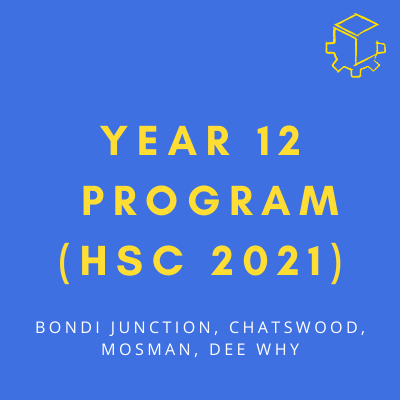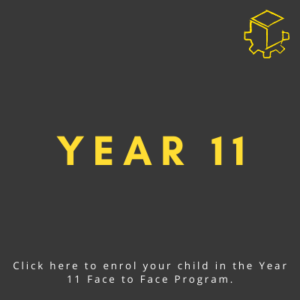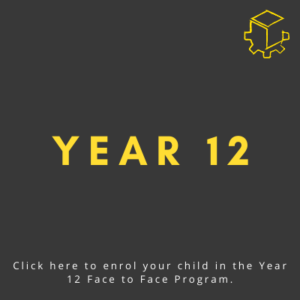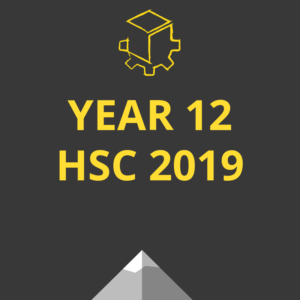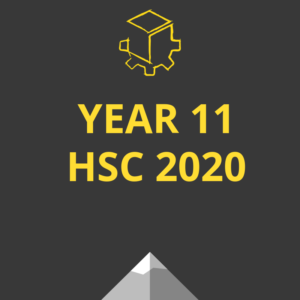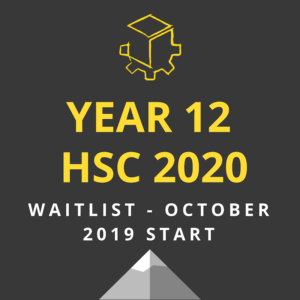Students will sometimes ask our Coaching team; “what do you think?”, “how would you write it?”, “what words would you use?”.
This is quite a natural request from a teenager who in many other aspects of their life is granted the gift of instant gratification.
- Not sure what the weather is doing tomorrow, open an app.
- Not sure what the meaning of ‘soliloquy’ is, Google it.
- Don’t want to wait a whole week to watch the next episode, binge it on Netflix.
- Feeling hungry, order UberEats
- Need a dress for tomorrow, login to Iconic
- Want to know what song is playing, Shazam it.
Need to write an essay on How the complexities of human experience are represented in your prescribed and related text???? Well can’t my teach/tutor/coach/parent/google just tell me what to say?
The answer of course is yes. They could. But how does this really help the student? By telling a student what to think or what to write, we are robbing them of the fantastic process of learning and thinking. A skill and behaviour which will support them long past writing an HSC English paper.
It will always be our mission to develop students into independent operators who delay the instant gratification of being told the answer. Instead we encourage students to invest time in the learning process. This is what will support them to develop their own connections, hard-wire the content to their brain, put them in the best position for an exam room environment… and give them the best possible chance of success post school.

One of the coaching modes we use to encourage this level of interaction with students is “Ask, don’t Tell!” This model is essential to successful coaching as it promotes students to have the insights and move forward with their learning goals.
By asking ‘thinking’ questions, we help a student to become more aware of their challenge and take responsibility for their own insights. Being ‘told’ the answer is of course much easier and quicker, for the student and the coach! However this approach will not lead to any long term learning, development or insights.
So whilst we understand students sometimes just want to be given the fish, the true gift which we can give a student is the ability to learn for themselves.

